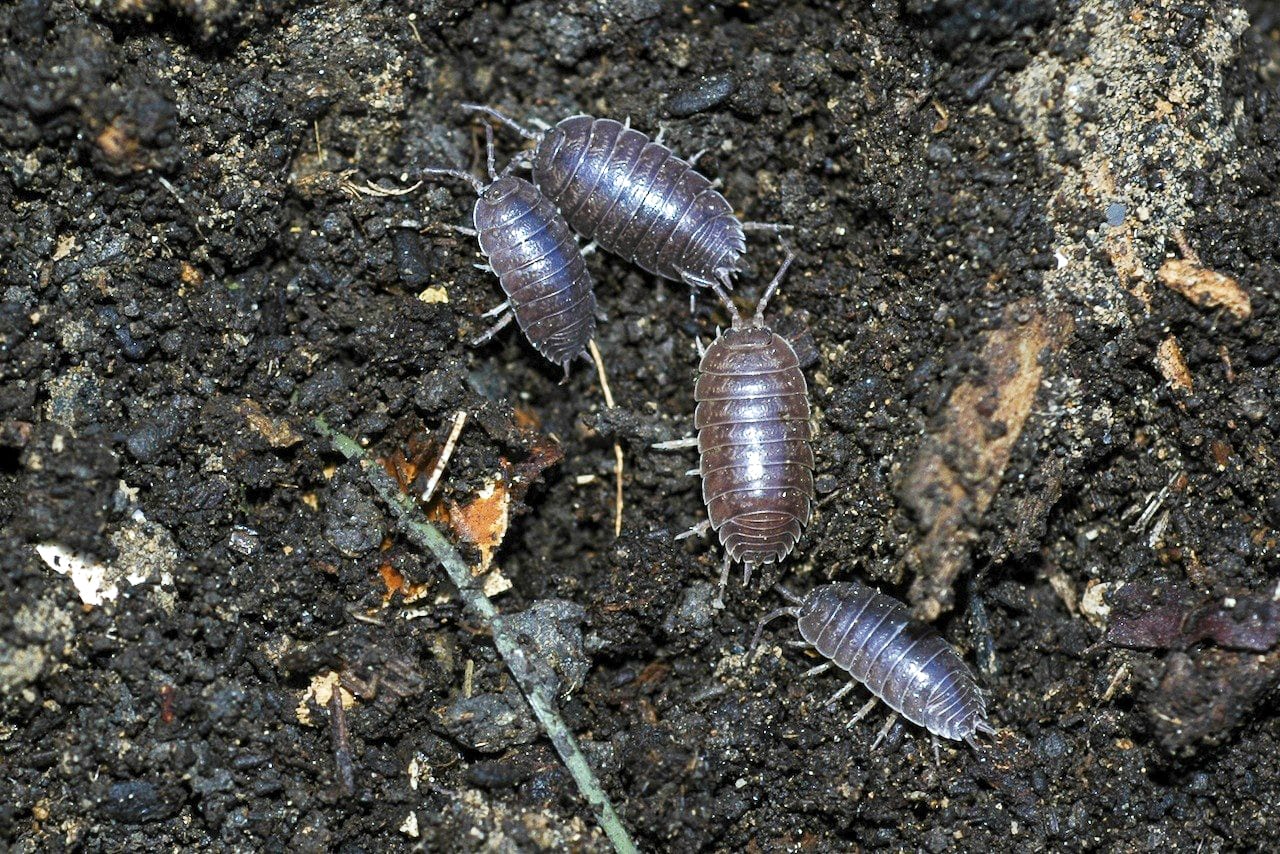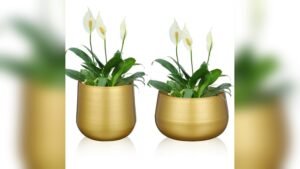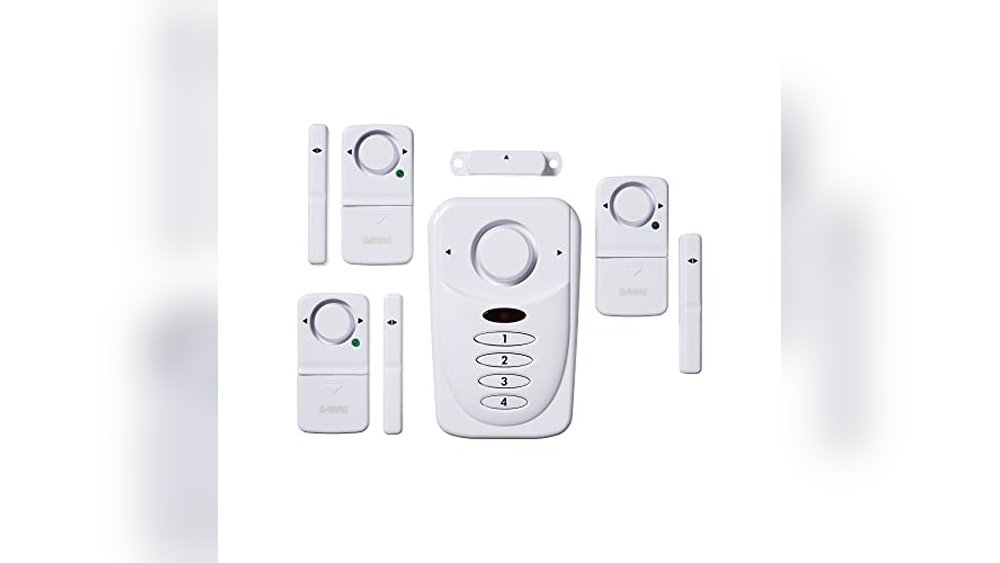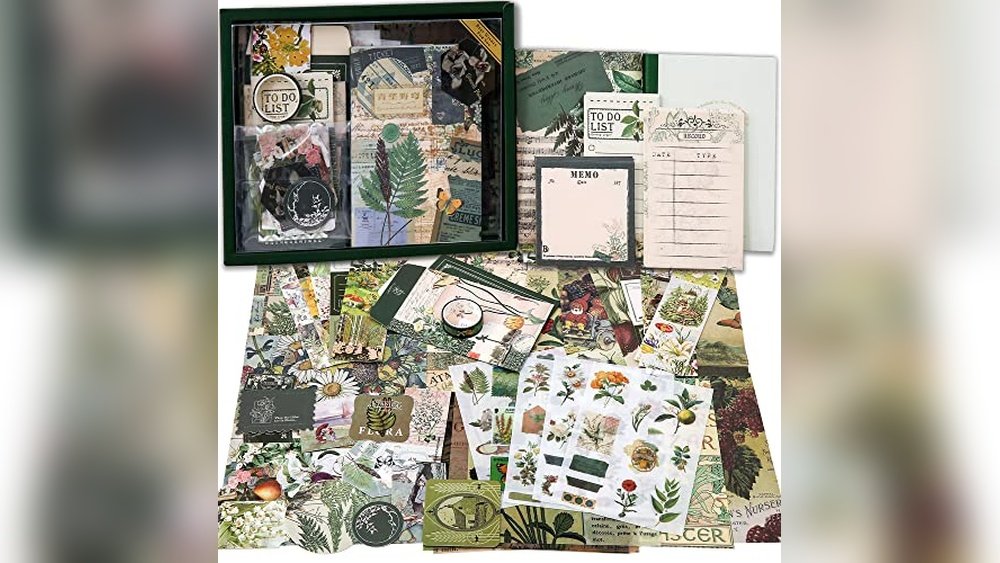Are pill bugs turning your garden into their playground? You’re not alone.
These little critters, often mistaken for insects, can wreak havoc on your beloved plants, leaving you frustrated and desperate for a solution. But worry not! You’re about to discover effective strategies to reclaim your garden. Imagine the satisfaction of seeing your plants thrive once again, untouched by these unwelcome guests.
As you dive into this guide, you’ll learn not just how to remove pill bugs, but also how to prevent them from ever returning. Ready to transform your garden into the thriving oasis you’ve always dreamed of? Let’s get started.

Credit: growinginthegarden.com
Identifying Pill Bugs
Identifying pill bugs in your garden is the first step to controlling them. These small creatures are common visitors in many gardens. Recognizing them helps to manage their presence effectively.
Recognizing Characteristics
Pill bugs are small and round. They have a hard shell and resemble tiny armadillos. Their color ranges from gray to brown. When disturbed, they curl into a ball. This is a defense mechanism. It’s why they’re often called “rollie pollies”.
Understanding Their Habitats
Pill bugs thrive in damp environments. They prefer areas with moisture and shade. You often find them under rocks or mulch. They hide in leaf piles and compost heaps. These spots offer shelter and food. They feed on decaying plant material. This makes gardens an ideal habitat for them.
Assessing Garden Damage
Pill bugs often hide under damp garden debris, damaging plants. Remove mulch and leaves to reduce their numbers. Encourage natural predators like birds to control these pests.
Assessing the damage in your garden is the first step in tackling a pill bug problem. These small, armored creatures might seem harmless, but they can cause significant issues if left unchecked. Understanding the signs of an infestation and its impact on your plants and soil will help you take effective action.Signs Of Pill Bug Infestation
Have you noticed your seedlings mysteriously disappearing overnight? Pill bugs, also known as roly-polies, are nocturnal feeders and love to munch on tender plants. Look for small, irregular holes in leaves or stems, especially on young plants. Piles of soft, decayed plant material are also a telltale sign these critters are around. Check under rocks, pots, and other garden debris. Pill bugs thrive in moist environments, so these hiding spots often host their gatherings.Impact On Plants And Soil
Pill bugs primarily target seedlings, but they can also damage mature plants by feeding on their leaves and roots. This can stunt growth and even lead to plant death if not managed. While they help decompose organic matter, an overpopulation of pill bugs may lead to an imbalance. They might consume more than their fair share of your plants, leaving them vulnerable. Consider the condition of your soil. Too many pill bugs can disrupt the soil structure, affecting its drainage and aeration properties. This can hinder healthy plant growth and reduce the overall productivity of your garden. How do you manage the balance between beneficial decomposition and potential plant damage? Understanding the role of pill bugs in your garden ecosystem can guide you in deciding the best control methods.Preventive Measures
Pill bugs, also known as roly-polies, can disrupt your garden’s harmony. They thrive in moist environments, feeding on decaying plant matter. To keep them at bay, adopt preventive measures. These strategies will not only deter pill bugs but also enhance your garden’s overall health.
Maintaining Garden Hygiene
Clean up garden debris regularly. Remove fallen leaves, dead plants, and other organic matter. This denies pill bugs their favorite hiding spots and food sources. Use mulch sparingly. While it retains soil moisture, too much can harbor pests. Keep mulch layers thin and well-aerated.
Optimizing Watering Practices
Water your garden in the morning. This allows soil to dry during the day, making it less inviting for pill bugs. Overwatering creates a damp environment that attracts these pests. Ensure your garden has good drainage. This prevents water from pooling and creating hospitable conditions for pill bugs.
Selecting Resistant Plants
Choose plants that are less appealing to pill bugs. Hardy, resilient plants can withstand minor pest damage. Consider planting lavender, rosemary, or sage. These plants have natural defenses against many garden pests, including pill bugs.

Credit: growingspaces.com
Natural Repellents
Natural repellents offer an eco-friendly way to manage pill bugs in your garden. These solutions help keep pill bugs away without harming beneficial insects. They are simple, effective, and safe for your plants and soil. Let’s explore some easy methods to tackle this common garden pest.
Using Diatomaceous Earth
Diatomaceous earth is a natural powder made from fossilized algae. It works by dehydrating pill bugs, causing them to die. Sprinkle it around the base of plants and garden borders. Ensure the area is dry when applying. Wet conditions reduce its effectiveness. Reapply after rain or watering.
Applying Essential Oils
Essential oils can deter pill bugs with their strong scents. Peppermint oil and eucalyptus oil are popular choices. Mix a few drops with water in a spray bottle. Spray around plants and garden edges. Repeat the process weekly for best results. Essential oils are safe for plants and soil.
Creating Homemade Traps
Homemade traps can capture pill bugs effectively. Use a small plastic container with a lid. Punch small holes in the sides. Bait it with damp bread or fruit. Place traps near plants where pill bugs are common. Check traps daily and empty them as needed. This method helps reduce pill bug numbers in your garden.
Biological Control Methods
If you’re battling pill bugs in your garden, biological control methods offer a natural solution that’s both effective and environmentally friendly. Instead of reaching for chemical pesticides, you can harness the power of nature to keep these pesky critters at bay. Let’s explore how you can introduce predators and utilize beneficial nematodes to reclaim your garden.
Introducing Predators
Ever thought about enlisting the help of nature’s own pest control agents? Certain creatures like birds, frogs, and toads naturally feed on pill bugs. Encouraging these predators to visit your garden is a smart move. You can start by setting up bird feeders or creating small ponds to attract frogs.
Consider the impact of a diverse ecosystem. When you support a range of wildlife, you inadvertently boost your garden’s defenses against pests. Have you ever noticed how a garden filled with chirping birds seems more vibrant and healthy? That’s because these feathered friends play a vital role in pest management.
Take a moment to think about how you can make your garden more inviting. A birdbath, some native plants, or a few hidden nooks can transform your space into a haven for beneficial predators. Are you ready to see your garden flourish with natural allies?
Utilizing Beneficial Nematodes
Beneficial nematodes are microscopic warriors in your battle against pill bugs. These tiny organisms can be added to your soil, where they seek out and eliminate pill bug larvae. It’s a straightforward and effective method that taps into the power of nature.
Using nematodes is like giving your garden a secret weapon. They work quietly beneath the surface, ensuring that pill bugs don’t get a chance to wreak havoc on your plants. Have you ever considered how something so small can make such a big difference?
Apply nematodes by mixing them with water and spraying them over affected areas. It’s a simple task that can yield impressive results. Imagine waking up one day to find your plants thriving, free from the damage caused by pill bugs. Wouldn’t that be a sight to behold?
Chemical Solutions
Chemical solutions can effectively combat pill bugs in your garden. Pesticides offer a direct approach to eliminate these pests. Though effective, safety and correct application are crucial. This ensures protection of plants and the environment. Let’s explore how to choose and apply pesticides safely.
Choosing Safe Pesticides
Opt for pesticides labeled safe for garden use. Read labels carefully. They should specify use against pill bugs. Consider products with natural ingredients. Organic options reduce harm to beneficial insects. Research brands with good reviews. Aim for those with minimal environmental impact. Ensure compatibility with the plants in your garden.
Proper Application Techniques
Wear protective gear while applying pesticides. Gloves, masks, and goggles are essential. Follow the instructions on the label precisely. Apply in the early morning or late evening. This minimizes exposure to pollinators. Avoid applying during windy conditions. Use a sprayer for even distribution. Focus on areas with high pill bug activity. Regularly check for effectiveness and reapply if necessary. Store pesticides safely after use.
Monitoring And Maintenance
Keeping your garden free of pill bugs requires consistent monitoring and maintenance. It’s not just about getting rid of these pesky critters once; it’s about ensuring they stay away for good. By regularly inspecting your garden and adjusting your strategies over time, you can keep these unwanted guests at bay.
Regular Garden Inspections
Frequent inspections of your garden are crucial in controlling pill bug populations. Set aside time each week to walk through your garden and look for signs of pill bugs. Check under mulch, leaf debris, and stones where they often hide.
Observing their favorite hiding spots can help you target your efforts effectively. If you notice an increase in their numbers, it might be time to take action. But what kind of action? Sometimes it’s simple adjustments, like removing excess mulch or debris, that can make a big difference.
Think about your previous experiences. Have you ever skipped an inspection and found pill bugs running rampant later? Consistency is key. Regular inspections can prevent surprises and keep your garden flourishing.
Adjusting Strategies Over Time
Gardens change, and so do pest behaviors. What worked last season might not be as effective this year. It’s essential to be flexible and ready to adapt your approach. If you notice pill bugs are thriving despite your current methods, consider tweaking your strategy.
Perhaps try different natural repellents or adjust your watering schedule to make your garden less appealing to them. Pill bugs thrive in moist environments, so ensuring your garden isn’t overly damp can deter them.
Reflect on your garden’s history. Have you noticed that pill bugs seem to appear during certain times of the year? Adjusting your strategies based on past experiences can save time and effort. What new techniques can you try to make your garden less inviting to these critters?
Monitoring and maintenance might seem tedious, but they are the backbone of a healthy, pest-free garden. Are you ready to take control of your garden’s future?

Credit: growingspaces.com
Frequently Asked Questions
How Do I Get Rid Of A Pill Bug Infestation In My Garden?
Remove debris and mulch to reduce pill bug habitats. Use diatomaceous earth around plants. Handpick bugs and relocate them. Introduce natural predators like birds and toads. Maintain proper garden drainage to discourage pill bugs.
What Do Roly Poly Bugs Hate?
Roly poly bugs dislike dry environments. They thrive in moist areas and avoid places with low humidity. Bright lights also deter them, as they prefer dark spaces. Chemical pesticides can harm them, so they steer clear of treated areas. Salt disrupts their moisture balance, making it another substance they hate.
What Home Remedy Kills Rolly Pollies?
Diatomaceous earth effectively kills rolly pollies by dehydrating them. Sprinkle it around infested areas. Garlic and hot pepper spray also deter them. Mix water, minced garlic, and hot pepper, then spray on affected areas. These natural remedies help control rolly pollies without harmful chemicals.
What Causes Pill Bug Infestation?
Pill bug infestations occur due to damp, decaying organic matter. They thrive in moist environments, such as gardens. Overwatering plants or poor drainage can attract them. They enter homes seeking moisture, often found in basements and crawlspaces. Reducing moisture and organic debris helps prevent infestations.
Conclusion
Eliminating pill bugs from your garden doesn’t have to be complex. Start by keeping the garden clean and dry. Remove any debris and mulch that can harbor them. Use natural predators like birds or frogs to control their population. Consider applying diatomaceous earth for an effective barrier.
Always check plants regularly for signs of damage. Consistent efforts ensure a healthy, bug-free garden. Remember, patience and persistence are key. Your garden will thrive with these simple steps. Enjoy a lush and vibrant outdoor space. Happy gardening!






